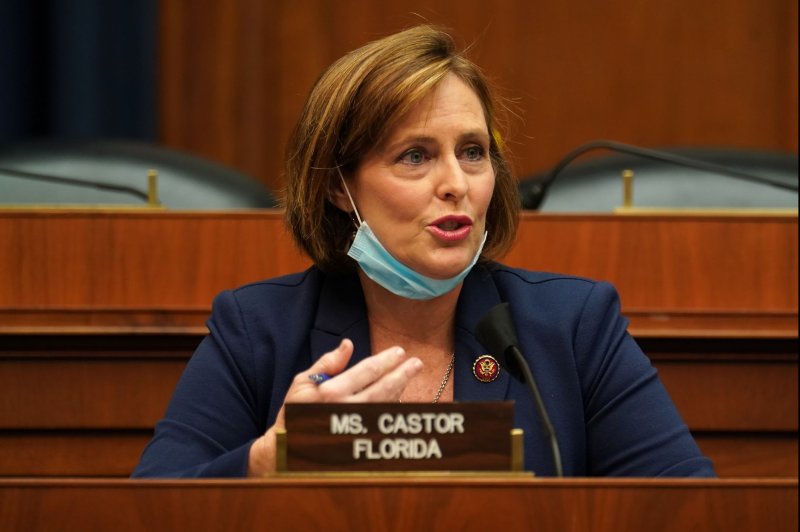ABOUT TIME!STUPID FASCIST LAW
Germany moves to change abortion law passed in 1933
German Chancellor Olaf Scholz appears at a press conference in February. The country introduced legislation Wednesday that would repeal a 1933 law that bans doctors from distributing any information about abortions. File Photo by Leigh Vogel/UPI | License Photo
March 9 (UPI) -- Germany introduced a bill that would remove a section of its criminal code prohibiting doctors from providing information about abortions, the country's justice minister said Wednesday.
"The federal cabinet today passed the draft law to repeal the provision of paragraph #219a of the Criminal Code. We want women to be able to find out as much as possible about methods and possible risks of an abortion," Justice Minister Marco Buschmann said in a statement.
The legislation, introduced by Buschmann, would repeal part of the country's existing law first enacted in 1933 under the Nazi government.
RELATED On This Day: International Women's Day marked on March 8 for 1st time
"Factual information from doctors about abortions should no longer be punishable. The Federal Cabinet today passed the draft law presented by the Federal Minister of Justice to repeal Section #219a of the Criminal Code," Germany's Federal Ministry of Justice said on Twitter.
Repealing the law is meant to "enable affected women to obtain better information.
Currently, German doctors can legally provide abortions but are not allowed to disseminate any information about the procedures to potential patients. Under existing laws, doing so could result in a prison term of up to two years.
"It is an intolerable situation that according to the current legal situation, doctors of all people have to fear criminal prosecution if they make information available," Buschmann wrote.
"Factual information from doctors about an abortion should therefore no longer be punishable. But it is also clear that other legal norms remain in force against praising and offensive advertising for abortions. And the current protection of unborn life will not change either."
The legislation must still be debated in parliament.











